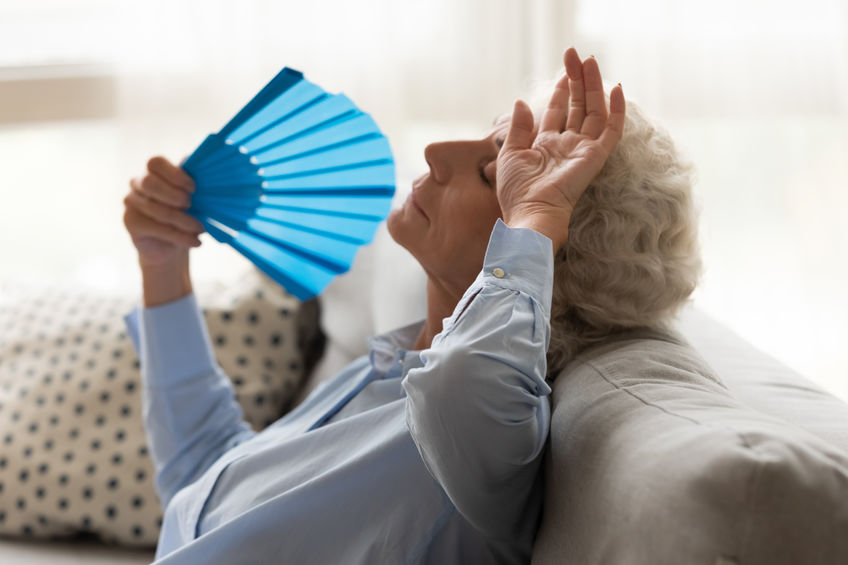
Heat-related Illness and Seniors: What You Need to Know
Fun in the sun is one of the best parts of summer. Families in the Prescott area are swimming, hiking, and enjoying picnics during these hot, lazy days, but there can be too much of a good thing when it comes to the sun.
The human body was expertly designed to cool us down when we’re too hot through sweat, but when your temperature rises faster than your body can cool it, you’re at risk of a heat-related illness. While this can happen to any aged individual, it’s especially prevalent among seniors. More than 600 people per year die of heatstroke and other heat-related illnesses, but they are preventable. Learn from the Visiting Angels Prescott team what heat-related illness is, how to identify it, and how to protect your senior family members from heatstroke.
Heat-Related Illnesses Defined
As we age, our bodies are less capable of handling the heat of the summer. Aging adults are much more likely to have heat-related illnesses, including:
- Heat cramps, or muscle spasms resulting from heat.
- Heat edema, or ankle and leg swelling in hot weather.
- Heat syncope, or dizziness after activity in the heat.
Hyperthermia is a blanket term for when your body gets too hot and can’t regulate your temperature. Hyperthermia usually progresses from heat exhaustion and heatstroke.
Heat Exhaustion vs. Heatstroke
Both terms are used interchangeably in the news or casual conversation, but there are definite differences between heat exhaustion, heat stress, and heatstroke.
Heat exhaustion or heat stress is the first warning sign that your senior family member has had enough warm weather. If they complain of a headache, are sweating heavily, or are thirstier than usual, these could all be signs of heat stress. A weak, fast pulse and cold, clammy skin are also symptoms and means you should act quickly–heat exhaustion can progress rapidly into heatstroke.
Heatstroke is a major medical emergency. Signs of heatstroke include confusion, a rapid heartbeat, or a body temperature of more than 104 degrees F. Although it seems counterintuitive, you shouldn’t give fluids to your loved one experiencing a heat stroke. Instead, move them to a cooler area and use cold compresses to bring down their body temperature while you’re waiting on help to arrive.
How Visiting Angels Prescott Helps Prevent Seniors from Heat-Related Illness
Age-related changes to sweat glands, heart diseases, and high blood pressure in combination with lifestyle choices – wearing too much clothing or not drinking enough water – make heat-related illnesses a problem among seniors.
Thankfully, with some attention and care, you can prevent many cases of heatstroke in your elderly family members. Some ideas include:
- Encouraging them to dress in layers in case they get too hot.
- Watch for signs of overheating: tiredness, confusion, and sunken eyes.
- Remind your senior family member to drink plenty of water or eat juicy fruits for extra hydration.
- Stay inside or visit a cool place like a movie theater, library, or shopping mall.
- Use solar panels in your senior’s living space to absorb some heat.
- Understand the medications your loved one is taking and how they could affect their ability to withstand heat.
- Engage with our at-home care from Visiting Angels Prescott” in-home care service to make sure your seniors are staying cool.
With these tips, you can help your senior have a safer, healthier summer season.
Visiting Angels Prescott, AZ is here to help your senior family member age with dignity and give you the peace of mind that they are in the best care where they are most comfortable. Visit our website to chat or call 928-220-4100.
